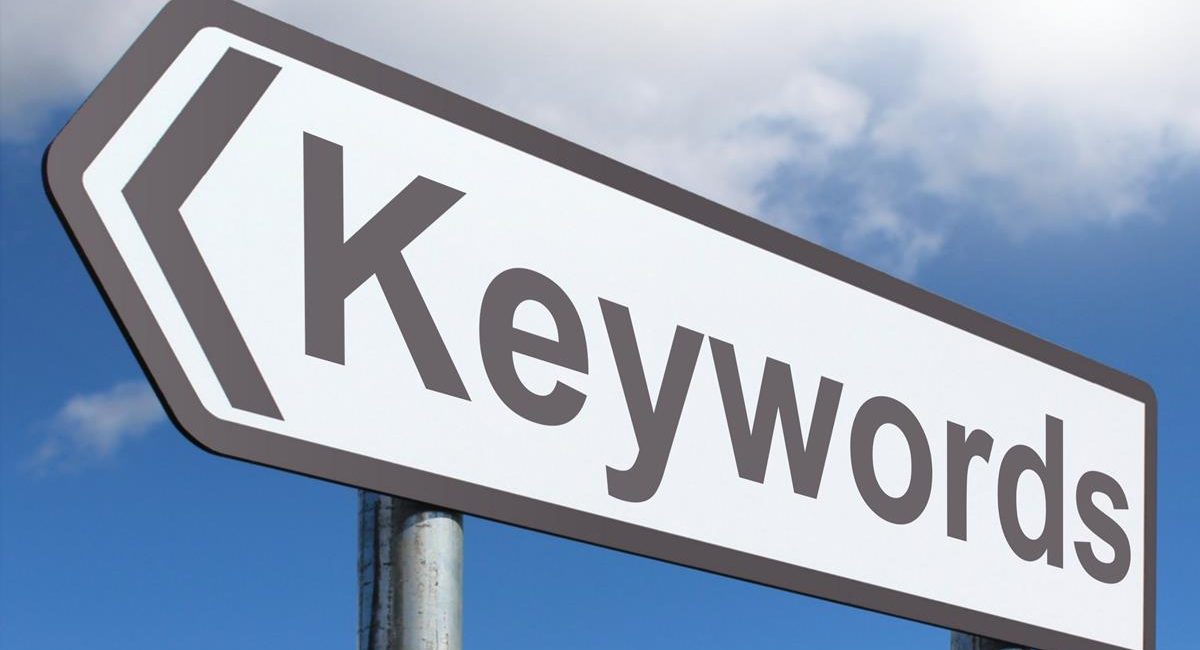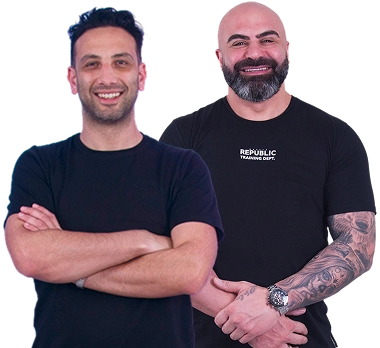Short answer: Yes, using too many keywords makes you counter-productive and makes it harder to optimise the account. In the other hand, with proper match types, you can achieve great results and easily analyse & optimise your campaign.
The prowess of keywords has been well documented since the dawn of the Internet, helping marketers everywhere boost their search volume and bump up their conversion rates. The problem is, too much of a good thing can quickly turn into a bad thing, and if you’re dedicating precious reserves of energy to fit far too many keywords into your ad copy or landing page, then you’re doing yourself a disservice.
How Overusing Keywords Harms Your Business
Not so long ago, keyword stuffing wasn’t just acceptable, it was actually commonplace. This is because Google hadn’t yet gotten wise to the detrimental impact of excessive SEO measures, but that all changed in 2012.
When the Penguin update was rolled out, Google began to penalise sites for measures like keyword stuffing for the simple reason that it detracts from the user experience. No one really wants to read a single keyword 15 times in the span of three paragraphs, but Google’s old algorithm had rewarded keyword stuffing by placing pages that used it as responses to search queries.
Once the update implemented the excessive optimisation penalty more than eight years ago, keyword stuffing virtually disappeared, but that doesn’t mean that you aren’t still overusing certain terms. You may not be cramming keywords into your webpages, but if you are bloating your Google ads campaigns with too many keywords, then you could still be doing damage.
Many businesses mistakenly believe that the more keywords they include in their PPC campaigns, the better their results will be, but this is simply untrue.
Why Using Excessive Keywords Costs You Money
The average amount of money a mid-size business spends on a Google ads campaign hovers around $10,000, but that’s generally far more than they need to spend for their ROI.
For many businesses, the process of implementing a PPC campaign starts with them browsing the keyword planner in their Google ads account, then broadly adding terms to keyword ad groups with little strategic thought.
If you don’t take the time to specify your keyword match type, Google will include broad match keywords automatically. This means that your daily budget may quickly be eaten up when people search for things tangentially related to your keyword ad groups. For example, if you sell vintage jewellery, you might enter the keyword, “rings.” If you do not specify a negative keyword list, Google could show your ad to people searching for mood rings, nose rings, and other broad phrase matches that aren’t applicable to your business. This leads to wasted ad spend, plus another serious repercussion which can cost you money in the long run: a diminished quality score.
The quality score is something Google utilises to ensure that advertisers are choosing relevant keywords for their campaigns. A higher-quality score generally translates to lower ad prices and more favourable positions, whereas a lower quality score can mean just the opposite. Simply adding negative keywords gives businesses the power to instruct Google not to show their ad in response to certain search phrases, which will boost the relevance of their keyword choice, and hopefully improve that quality score.
Using Keywords The Right Way
It doesn’t behoove Google to limit the keyword ad groups that businesses can utilise; after all, the nature of PPC means that Google earns more money by allowing advertisers to include keywords with virtually uncapped abandon.
For this reason, the responsibility falls on you to strike the proper balance between using too many keywords and not using enough. Just like back in 2012 when businesses had to make the distinction between over-optimisation and properly adding value to their content, marketers must find a way to infuse relevant keywords into their Google ad campaigns, without overdoing it and sabotaging their own efforts.
When fleshing out your keyword strategy, it’s important to draw a hard line at 30 per ad group—and that’s an absolute maximum. Ideally, you want to hover somewhere in the 20-25 range, or even lower.
When it comes to keywords for Google ads, less is more. Unlike other areas of SEO where it’s okay to cast a wide net because you’re creating organic traffic, you have to pay for every click that you earn with Google ads campaigns, meaning that a search term which sort of relates to your brand will do more harm than good because it likely won’t boost your conversion rates, and it will still cost you money to boot.
This means that you will want to identify a list of high-quality, relevant keywords through research which are directly and meaningfully tied to your brand. These should leave as little margin for error as possible, and what little room for confusion is left should be eliminated with negative keyword lists; this will prevent Google from showing your ad to people who search for related phrases that aren’t actually tied to your business.
If you find that you have less than 10 words in a keyword ad group, that is actually a positive thing—it means that you will only spend money on that group of highly specialised keywords, which in turn means every click is more likely to offer a conversion.
Improve Your Keyword Performance Today
The digital marketing landscape is always evolving, and although you likely know that poor optimisation tactics like keyword stuffing are taboo today, you may not have realised just how fundamentally you’re harming your Google ads campaigns by using too many keywords.
At Australian Internet Advertising, we understand that it can be difficult to fully grasp the dense concepts of PPC advertising and properly wielding the power of keywords, but we’re here to make the subject more digestible.
Our team of experts can assist you with creating a keyword strategy that will maximise your conversion rates so you can enjoy the highest possible ROI with your Google ads campaigns; contact us to discuss how we can enhance your efforts today.




